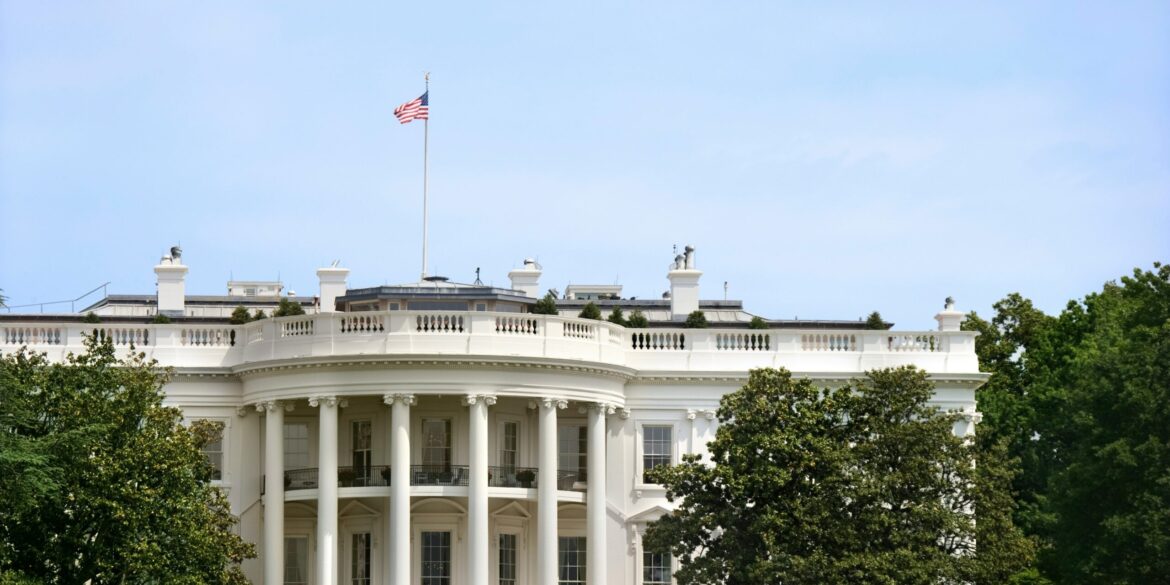President Donald Trump on Sept. 23 canceled a planned meeting with Senate Majority Leader Chuck Schumer and House Minority Leader Hakeem Jeffries, a development that deepened concerns of a looming U.S. government shutdown. The meeting was to serve as a final attempt to negotiate a stopgap funding measure before the fiscal year ends on October 1, but instead the White House declared the talks would be unproductive.
Sources say the president viewed Democratic proposals—particularly those involving health care and Medicaid expansions—as political bargaining ploys rather than serious negotiation tools. Trump publicly dismissed Democratic demands as “unserious and ridiculous,” arguing that any meeting would not lead to resolution. In announcing the cancellation via a social media post, he signaled that he would not engage in what he considered futile discussions.
By pulling back from direct talks with congressional Democrats, Trump has intensified the standoff. Time is now running short for lawmakers to reach agreement or extend existing funding to avoid disruptions in federal operations. Some agencies have already begun preparations for cuts or employee furloughs in the event that Congress cannot pass a continuing resolution.
Read Also: https://republicandigest.com/constitution-week-declared-in-big-rapids-michigan/
The timing compounds past tensions. Trump has previously shown willingness to let the government shut down over political disputes—in his earlier presidency, for instance, he presided over the nation’s longest federal closure when he battled Congress over border wall funding. Congressional leaders now warn that with the president stepping back from direct engagement, the window for compromise has narrowed further.
Democratic leaders responded swiftly to the cancellation. Schumer accused Trump of refusing to negotiate even when his cooperation is necessary, saying Republicans bear responsibility for averting the shutdown since they control both Congress and the presidency. Jeffries went further, framing the move as characteristic of Trump’s tactics: “Trump always chickens out,” he posted on X, contending the president preferred posturing over actual governance.
Meanwhile, the White House is shifting its posture. The Office of Management and Budget has issued a memo directing federal agencies to prepare reduction-in-force plans—moves that go beyond the typical furloughs seen in past shutdowns. The memo instructs agencies to target programs not statutorily required and to identify staff who could be permanently removed. Predictably, Democrats denounced the strategy as an intimidation effort, accusing the administration of using federal workers as bargaining chips.
If funding lapses, discretionary programs—including many that support research, infrastructure, and nonessential services—could be shuttered. Essential services such as Social Security and Medicare would continue, but hundreds of thousands of federal employees stand to lose pay or be furloughed. Legal questions also loom: while the administration can prepare for layoffs, its authority to permanently fire employees during a funding gap is contested under federal labor and appropriations law.
As of now, the House has approved a Republican-backed continuing resolution that extends funding through November 21, but without Democratic priorities such as healthcare aid or Medicaid enhancements. That measure failed to gain traction in the Senate, where Democrats rejected it over the absence of protections for vulnerable populations. Democrats attempted their own version to delay the deadline to October 31 while restoring key social provisions, but it too fell short of the 60-vote Senate threshold. With no interim deal in place and direct talks suspended, both sides are digging in.
Looking ahead, the coming days may prove decisive. Some Republicans—including moderate voices—have urged Trump to engage Democrats in a face-to-face meeting, warning that the party must deliver to its base or risk political backlash. Schumer publicly shared his belief that the burden falls on Republicans to act, saying that Americans will hold them accountable if the government shuts down. Absent such engagement, many analysts believe partial federal shutdowns are now more likely than not.

